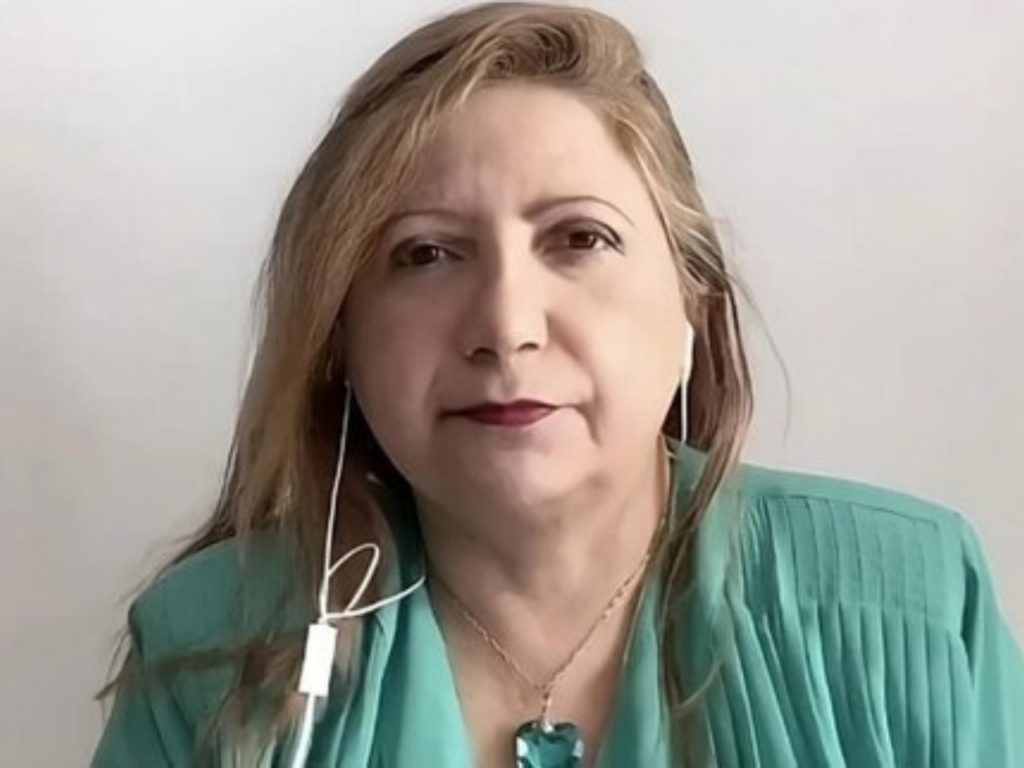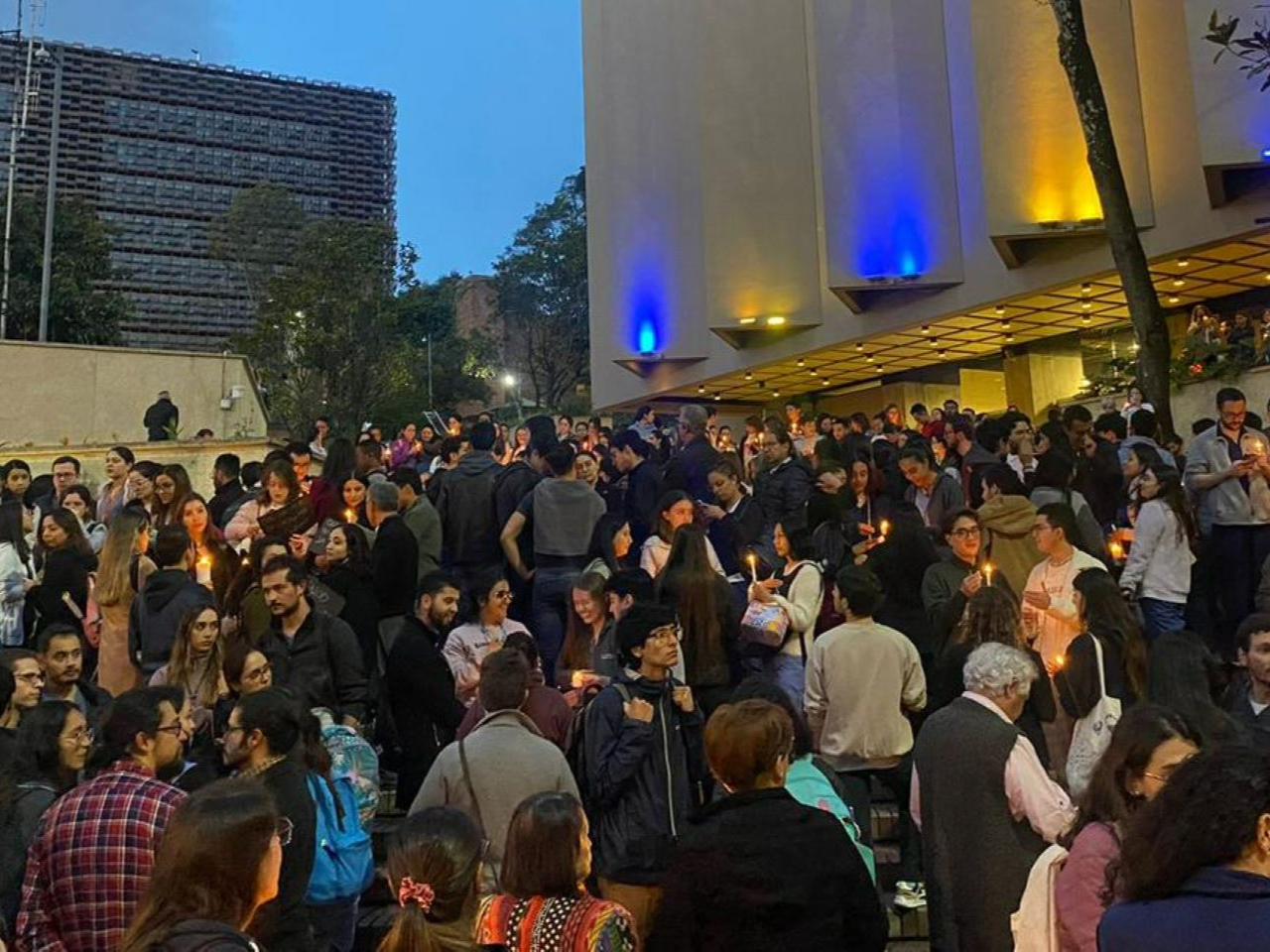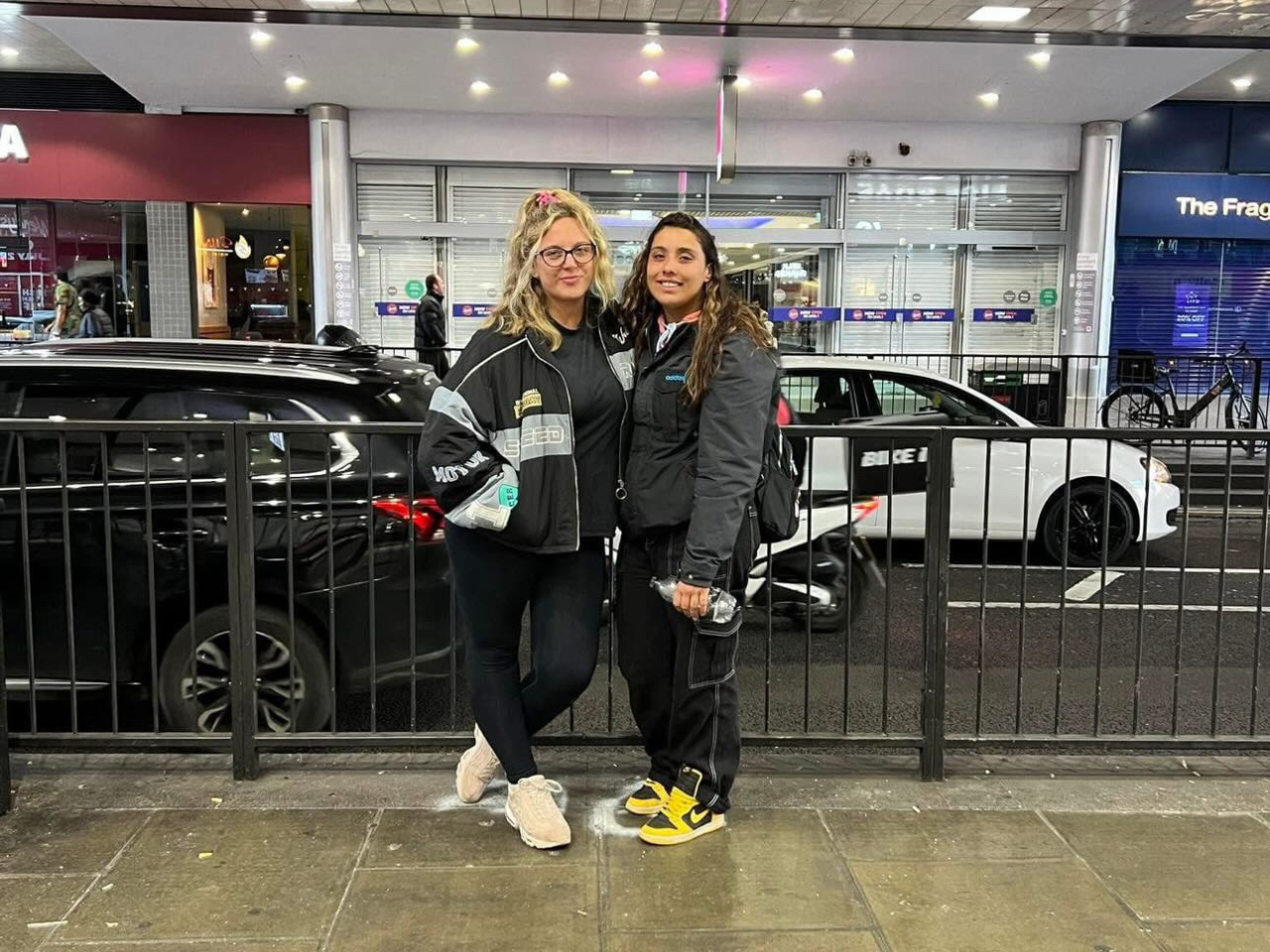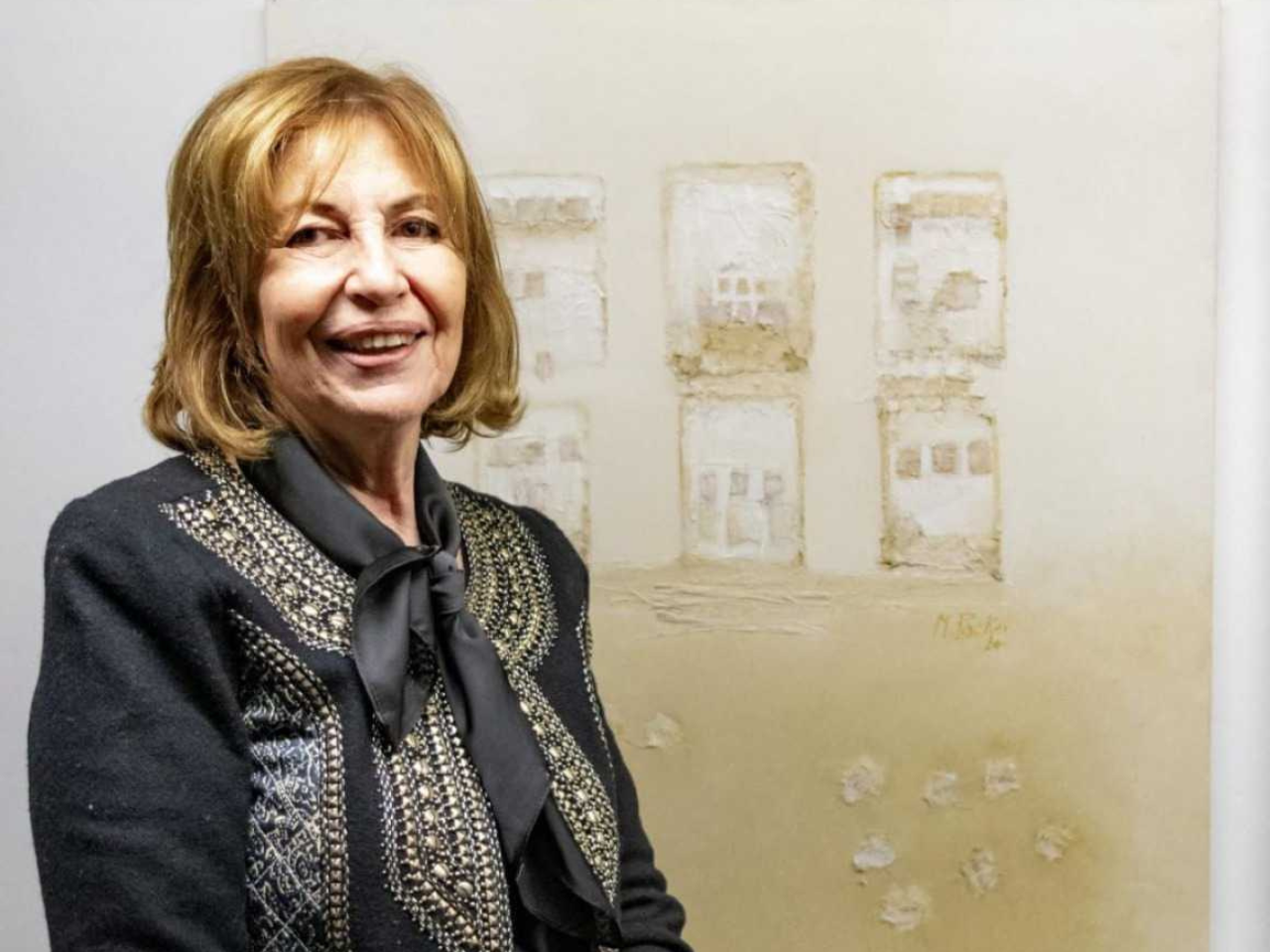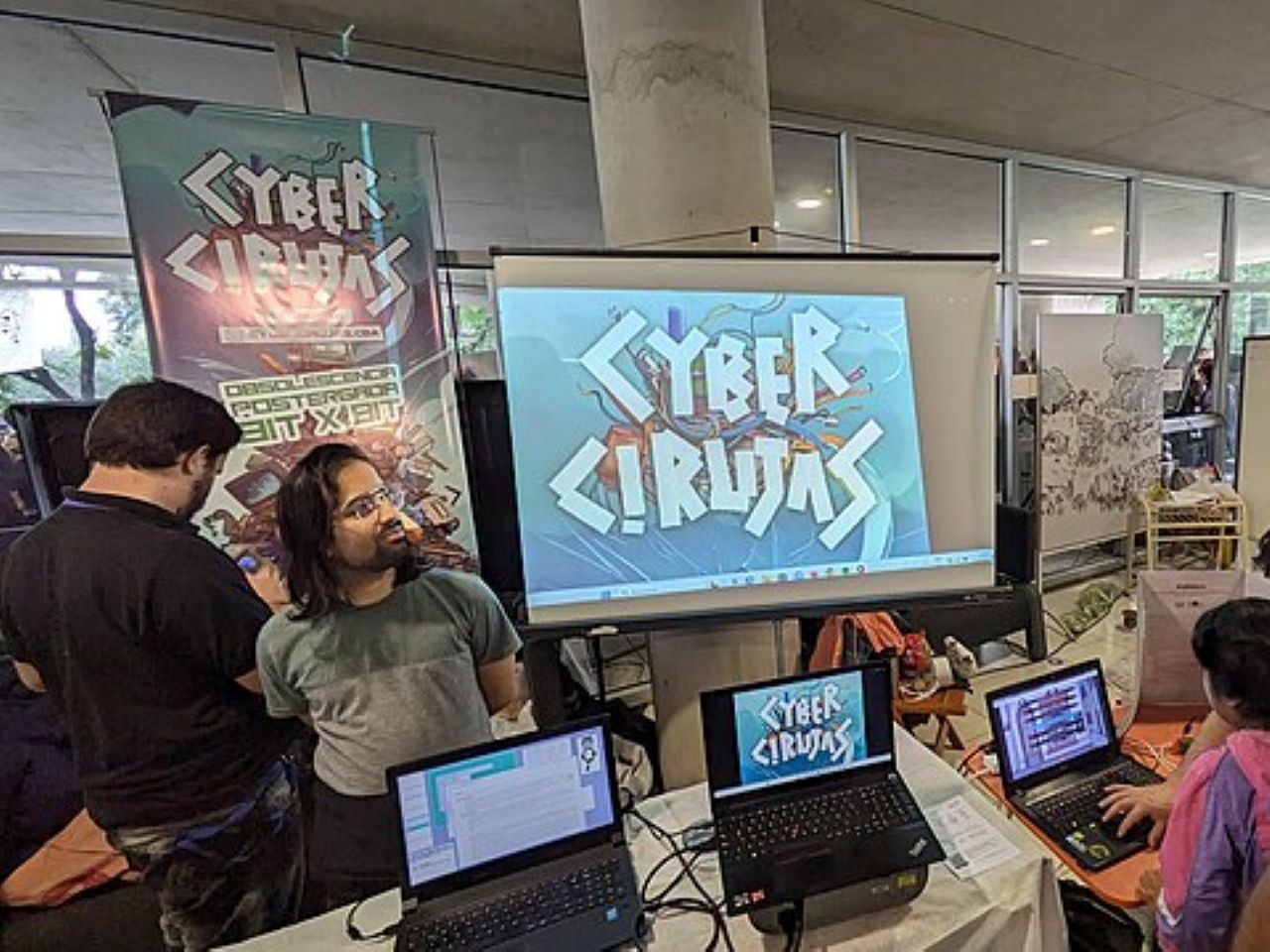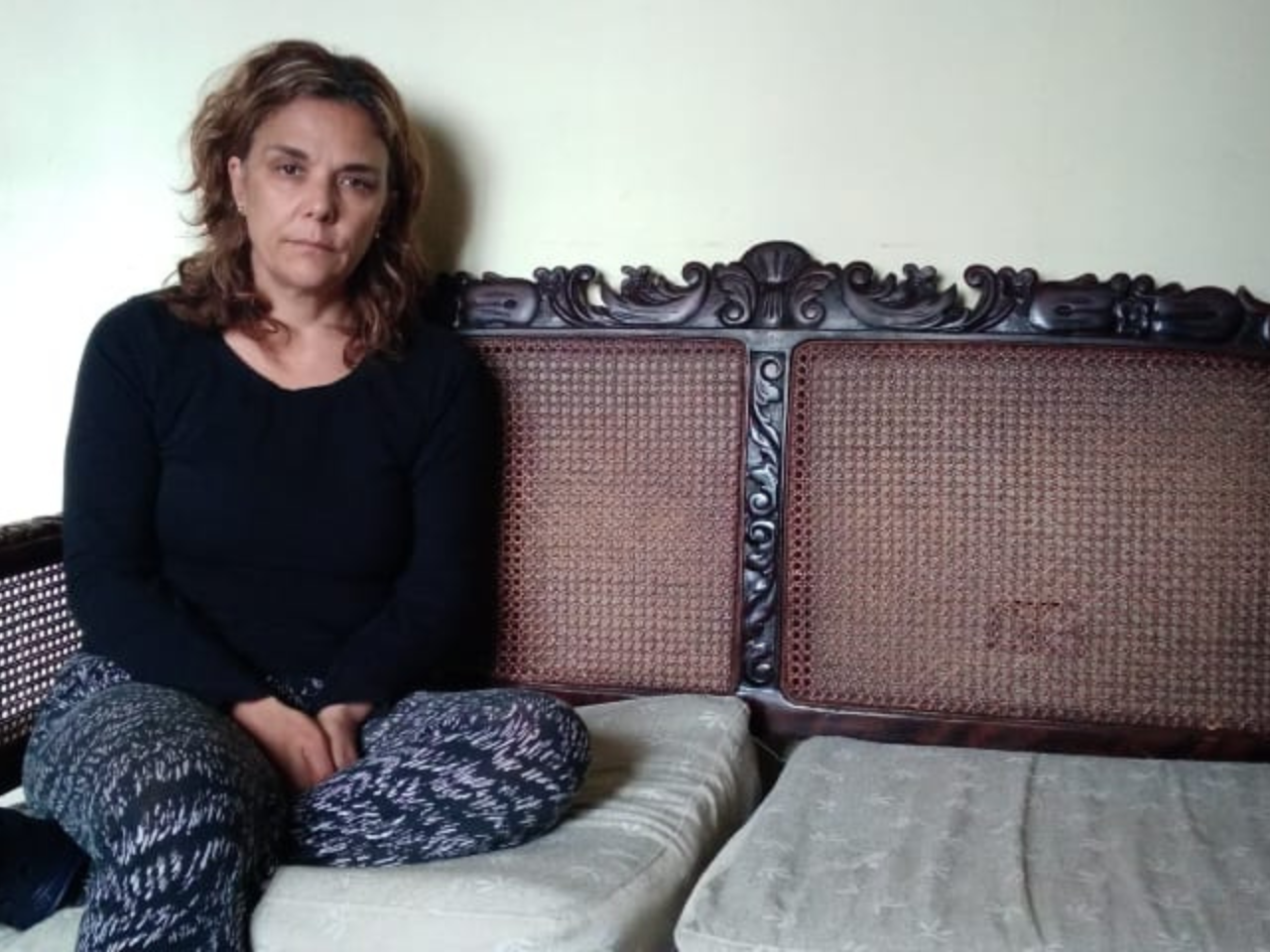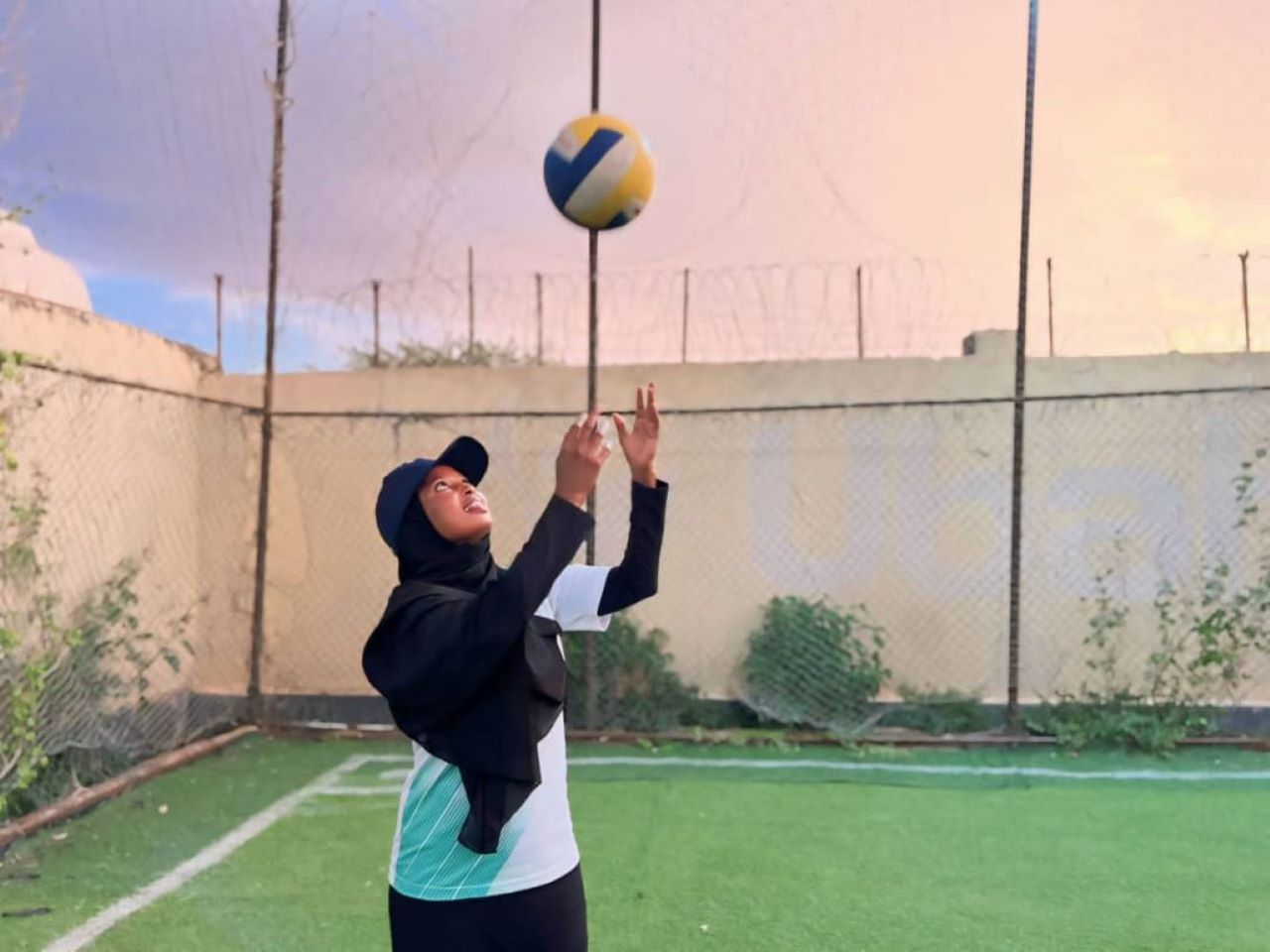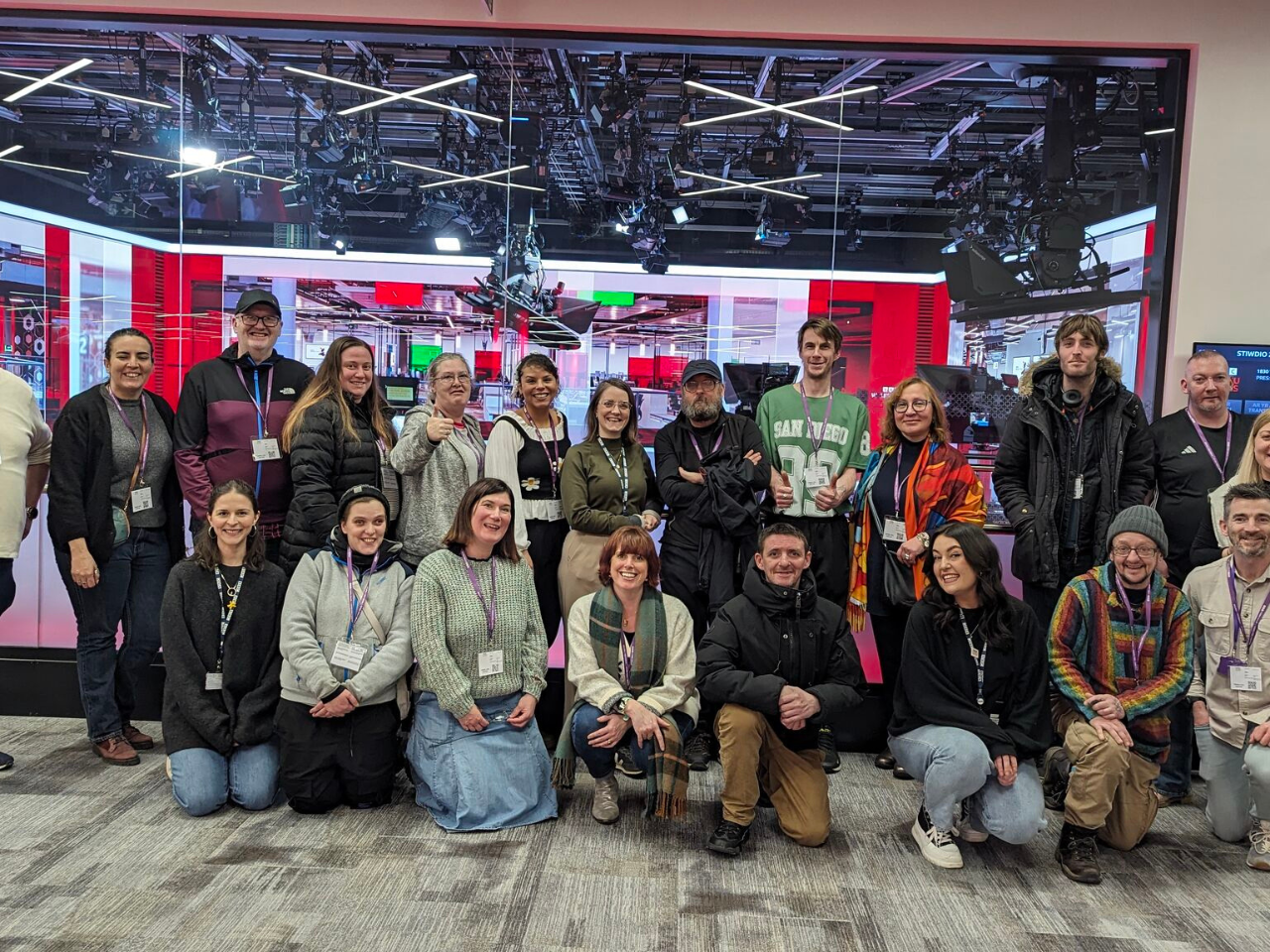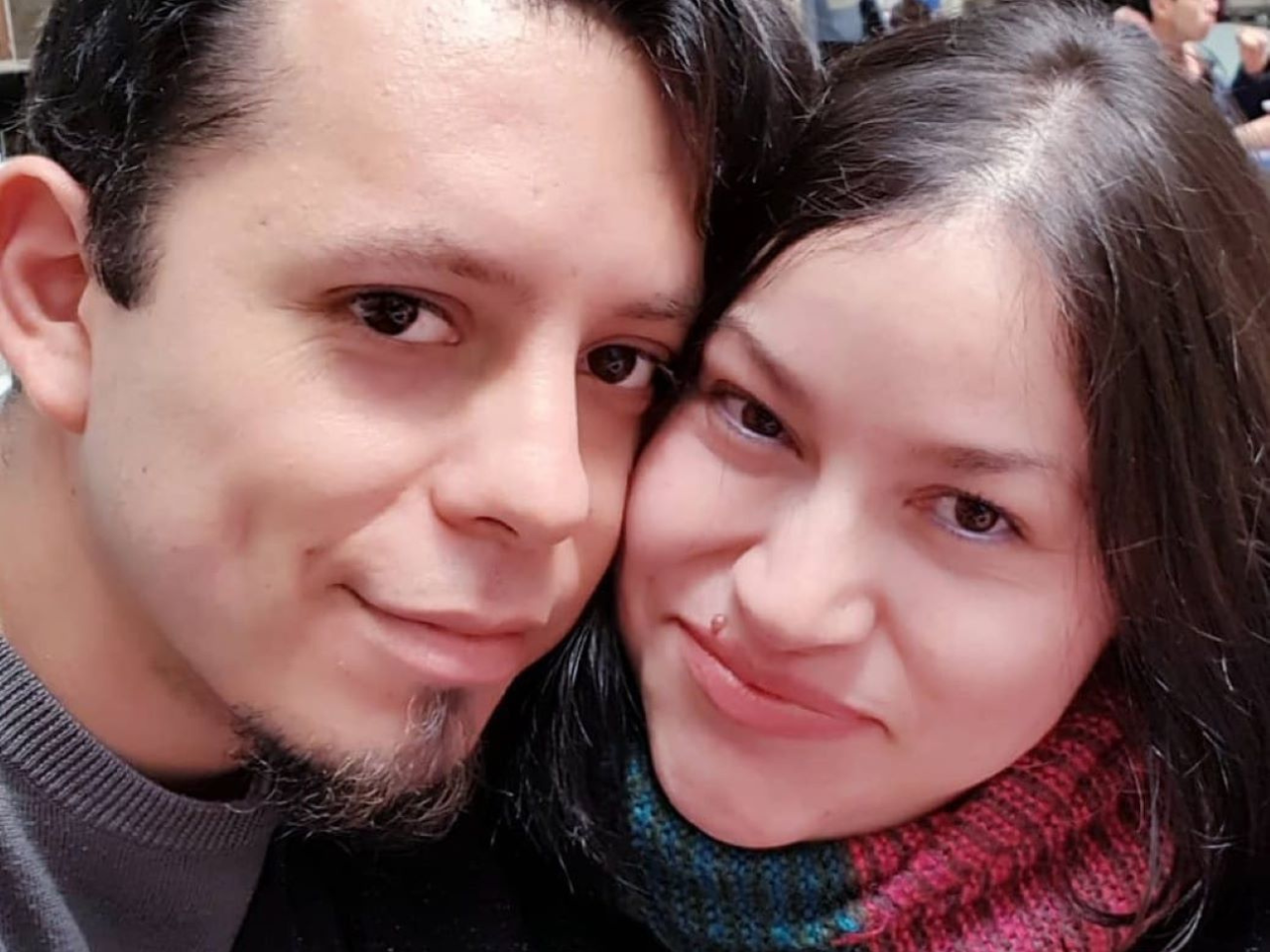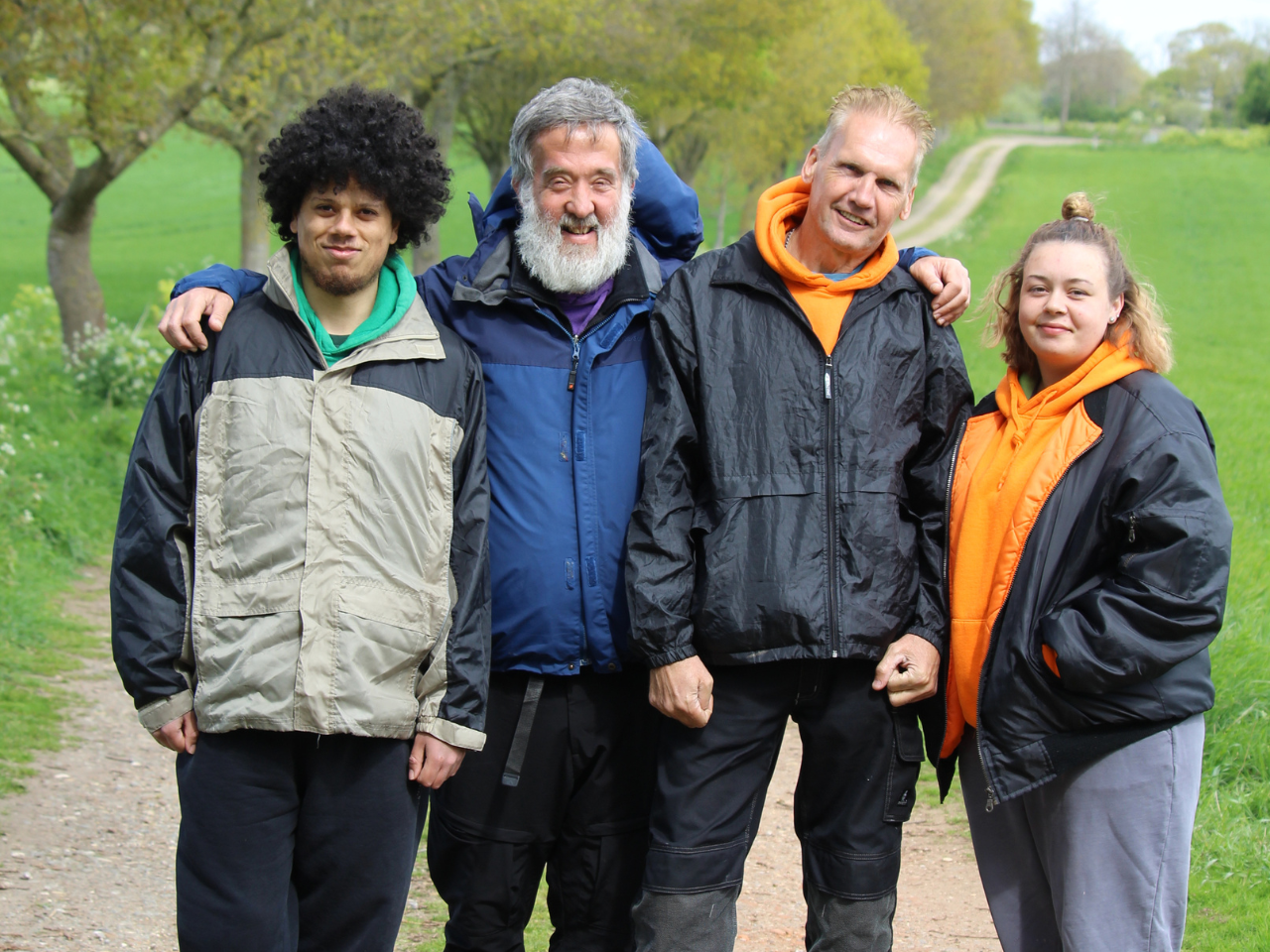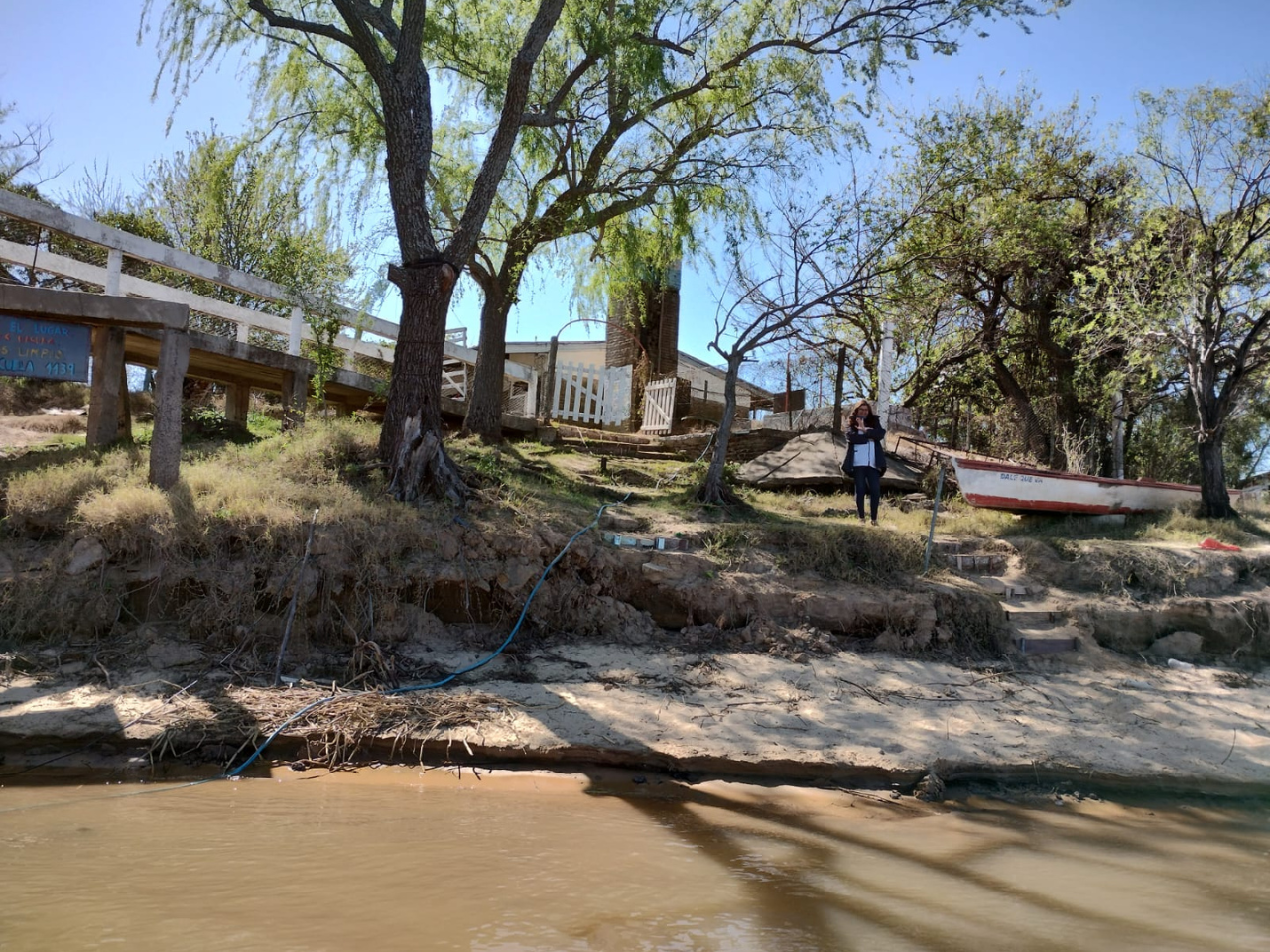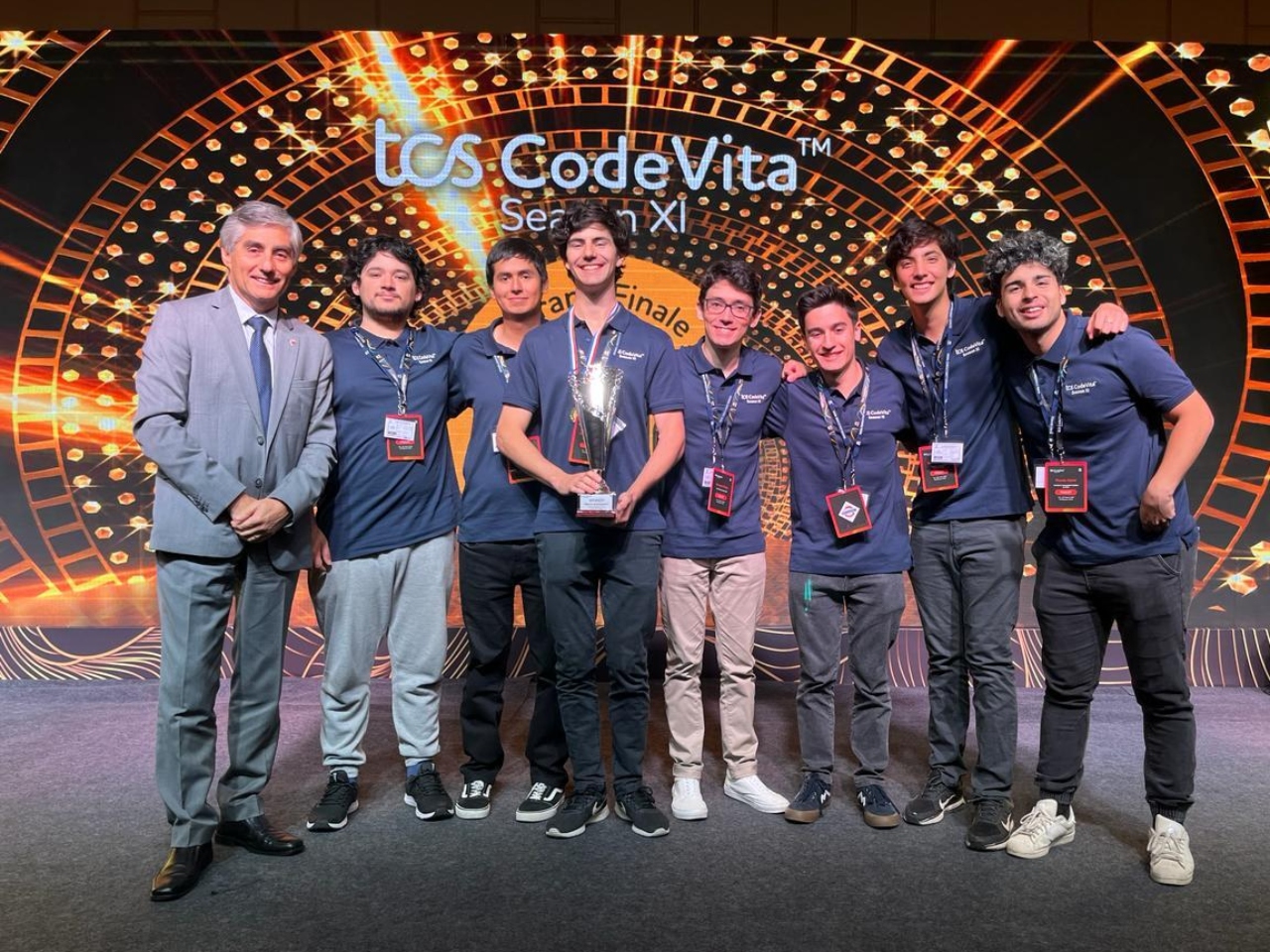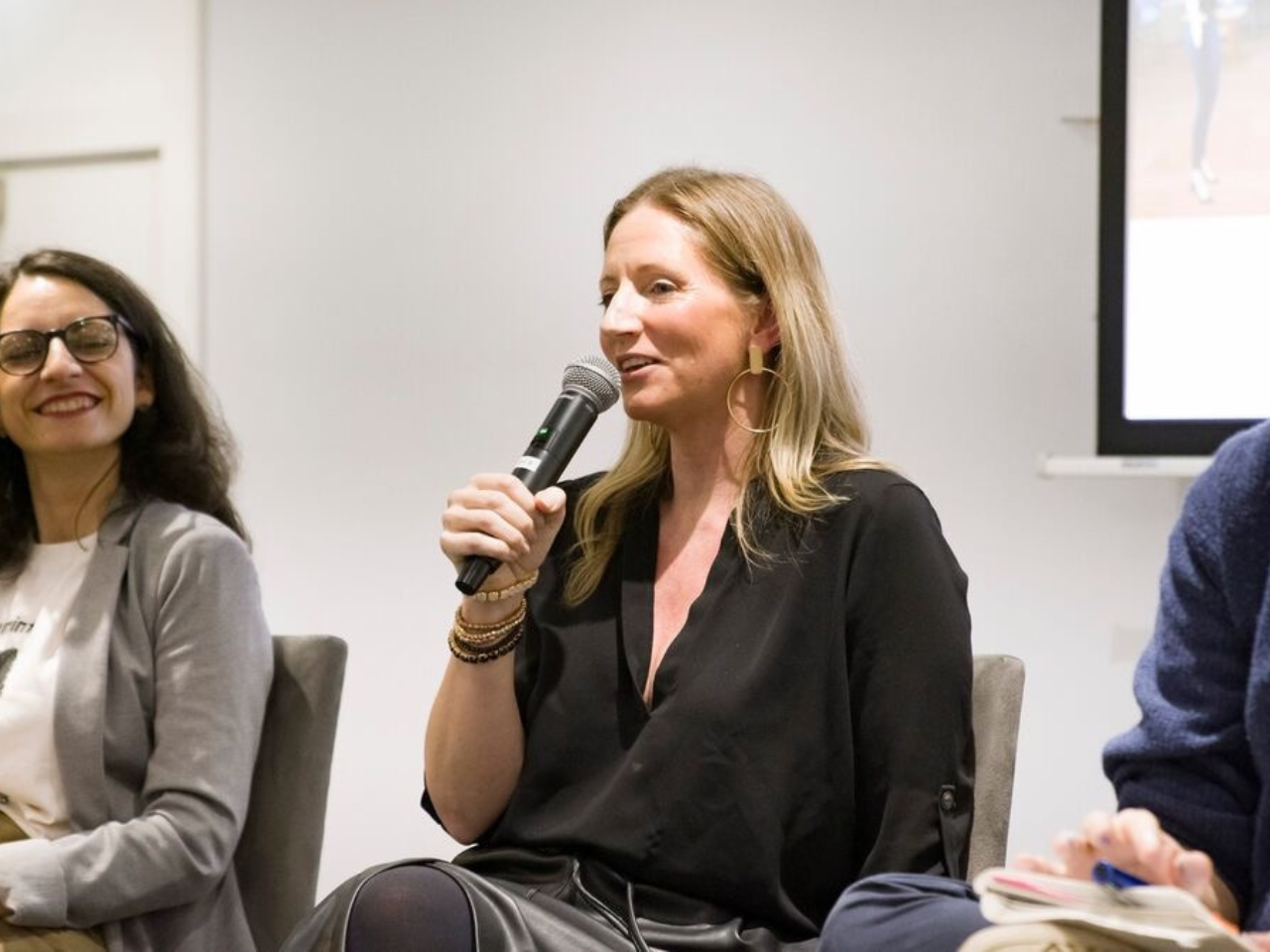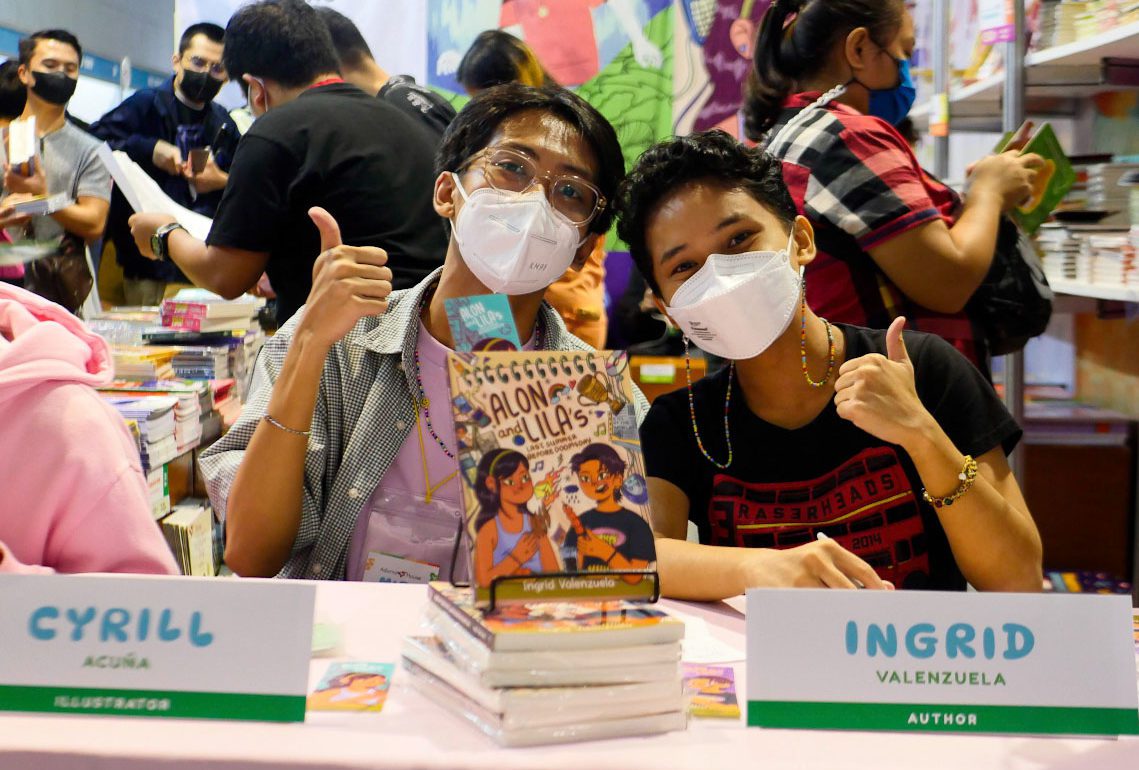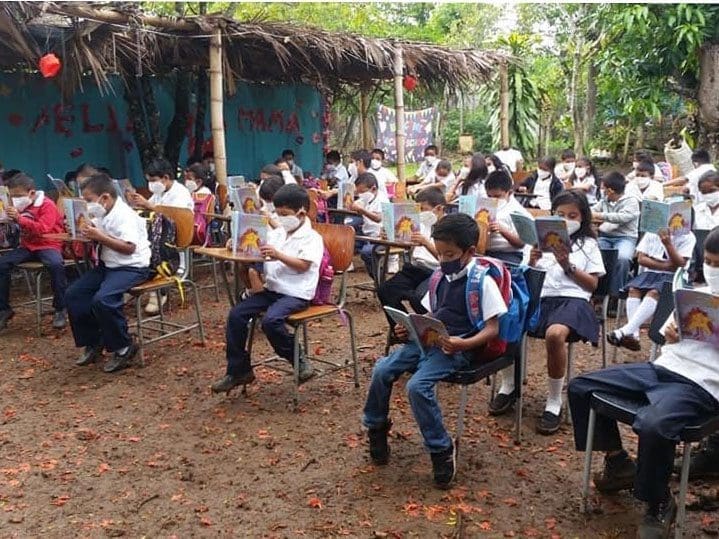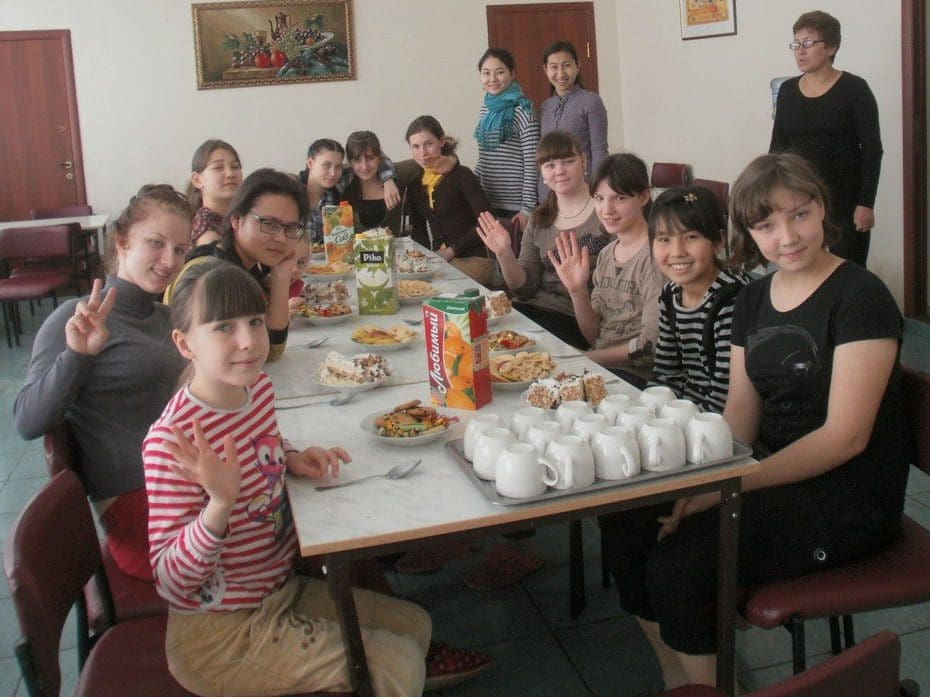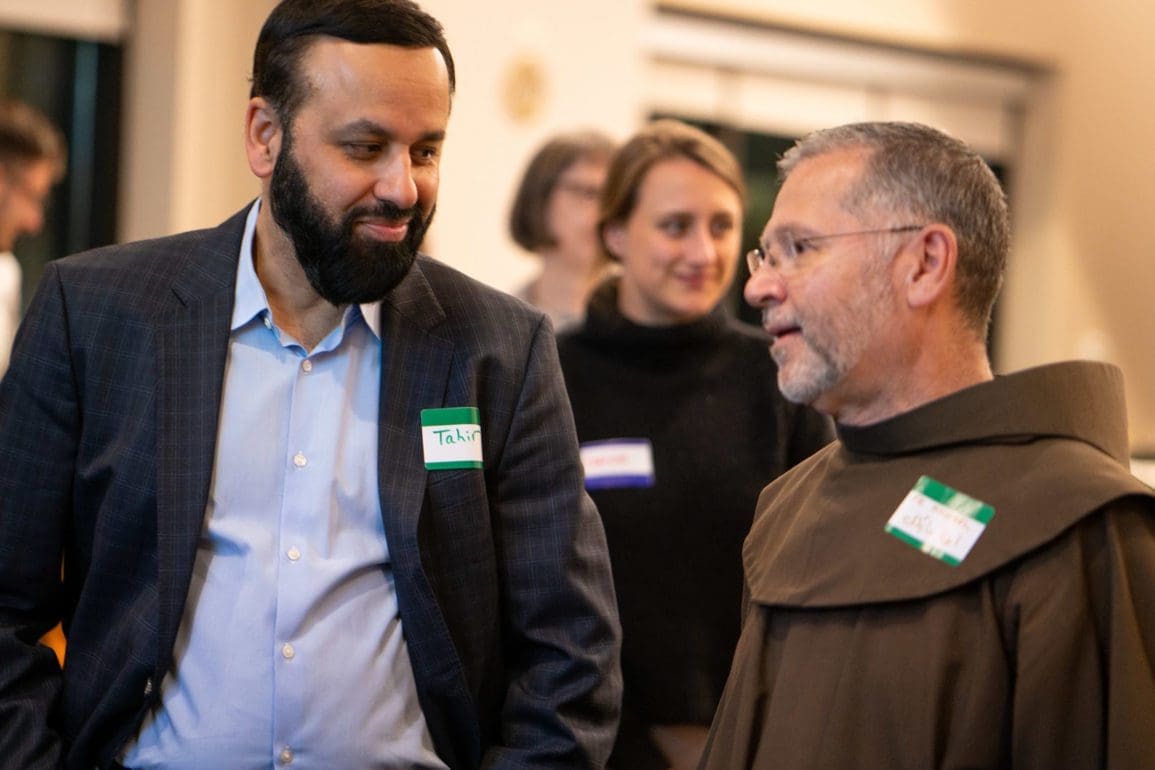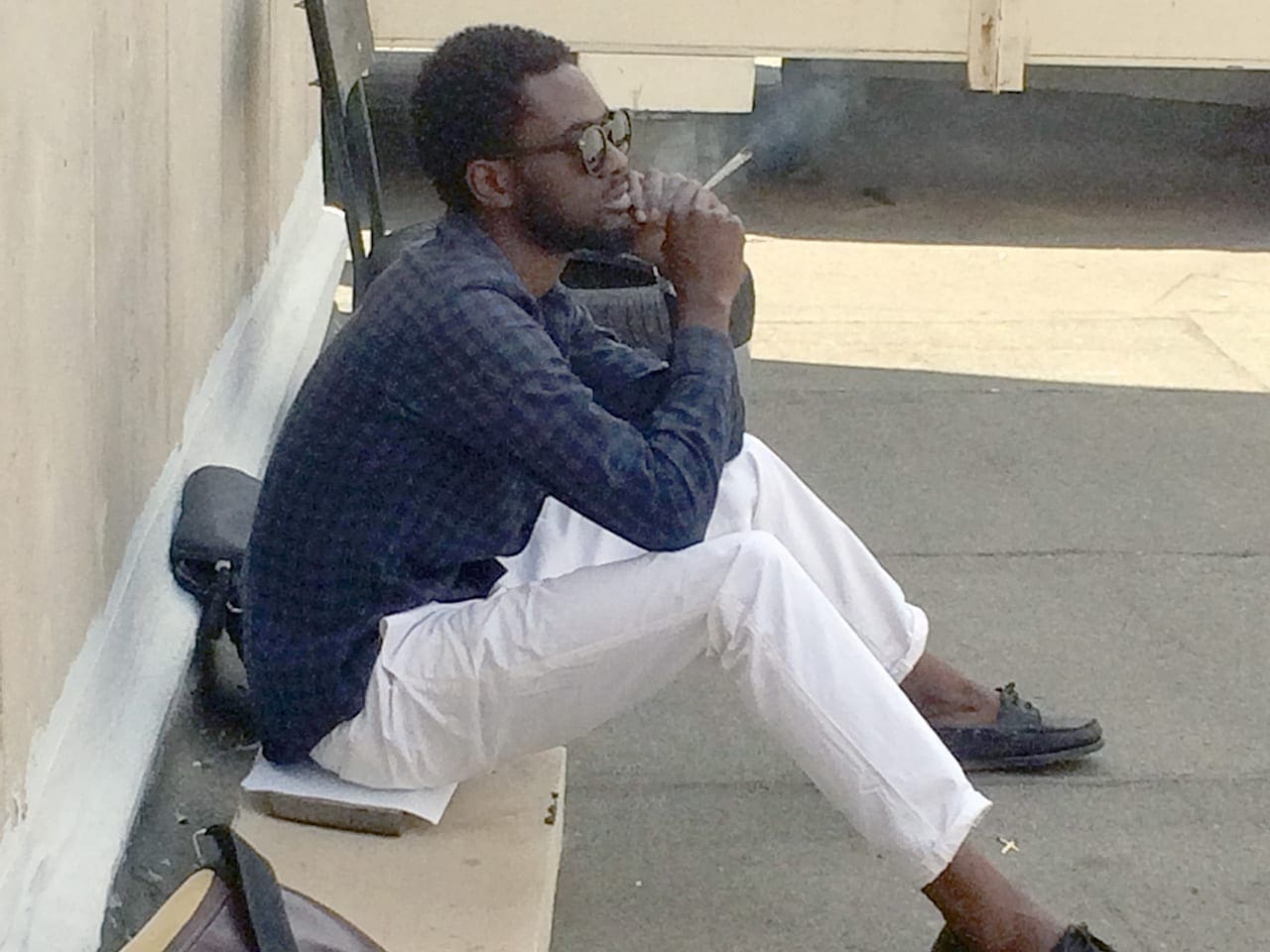Journalist targeted by government: a cautionary tale of democracy turned authoritarian
Since about 2018, institutions began losing all credibility. Stories of conspiracies unfolded, and the government trampled the constitution. Procedural guarantees decisively fell apart, and many civilians found themselves being tried in military courts…
- 2 years ago
March 5, 2024

CARACAS, Venezuela — Once again, a high-ranking official in Venezuela called me out as a journalist, but this time he accused me of the unthinkable. The Attorney General claimed I was part of a conspiracy to assassinate the president. When a friend broke the news to me, I thought, “Is this a joke?” The absurdity of it astounded me. Unfortunately, the political regime in my country employs falsehoods to attack perceived threats, and this wasn’t the first time they targeted me.
Navigating situations like this for two decades feels disheartening. I limit my inner circle to prevent my loved ones from being persecuted as a way to harm me. At times, I relocate to doge fallout from reporting on corrupt systems. Still, my commitment to investigative journalism in Venezuela leaves me prepared to accept the consequences.
Discover more stories of Venezuela’s complex political and social landscape at Orato World Media.
Journalist endures media intimidation after exposing coup against Hugo Chávez: A glimpse into Venezuela’s regime
The first time I felt endangered due to my work as a journalist happened in 2002. I interviewed a man about the coup against Hugo Chavez, then President of Venezuela. I published the story, and two days later, during Chavez’ Sunday television program, the president singled me out.
“That journalist should be subjected to a military investigation,” he said. At home watching television with my family, hearing my name left me with a pit in my stomach. In went into shock. After all, it is not common to hear the leader of a country mention your name in such a manner.
Utterly astonished, I called the director of the media outlet that published the story. Next, I fled to the border to hide out for a few days. Chavez showed no fear, and I knew he would act against me. My bigger concern, however, was that someone seeking favor with him might make me a target.
Time passed and no one took action against me, but the tension looming in my body felt hard to bear. In my work, I expose what others want to keep hidden. This makes me inherently anti-power. For the first time in my life, I felt the full weight of that responsibility. While it left me full of fear, it never once altered my commitment.
In fact, it became a crucial turning point. I came to understand this regime that took hold in Venezuela refused to tolerate any criticism. It didn’t matter if they had concrete evidence or proof. While the attacks on me became recurrent, I never lost my sense of wonder and I refused to normalize the treatment I endured. When the absurd becomes routine and we accept it as the natural order, danger lurks. Staying alert saved my life.
When the government began trampling the constitution, we faced stark violations and system failures
Like many fellow journalists here, I ramped up security measures in my everyday life. Working with various organizations, I came up with codes and systems to secure my electronic devices from hackers. From time to time, I fled the country for my safety, keeping my whereabouts secret. Some state intelligence agencies will carry out capture and disappearance operations, even beyond their own borders.
I also shrunk my inner circle. Coming from a large family (my father had 38 siblings, my mother 15, and we were 12) I distanced myself from nearly everyone. I wanted to prevent them from becoming targets and suffering as collateral damage. I never wanted my work to put anyone else at risk. When the threats became regular, I stopped going out with friends to chat and have fun. I pay a high price, but Venezuela is worth it.
Despite everything, for a period of time it felt like the regular agencies in Venezuela retained some of their functionality. I testified under the request of the intelligence services more than once without fear. I was able, at that time, to explain things without revealing my sources. Citizens could still file complaints and be heard.
Since about 2018, institutions began losing all credibility. Stories of conspiracies unfolded, and the government trampled the constitution. Procedural guarantees decisively fell apart, and many civilians found themselves being tried in military courts, setting a horrible precedent. In a regime willing to do anything to eliminate perceived threats, I found myself amongst journalists on the ominous “list.” Our lives became tangled in investigations, forced disappearances, and stark violations of due process.
Prosecutor’s order arrest of journalist
As I began to closely guard my physical whereabouts, I made a stark decision to defy my persecutors. I published my cell phone number on social media, offering a direct line of contact for people. I hoped if wild tales emerged about me, it could become a way to speak truth. Then, one day, armed officers appeared at my sister’s doorstep.
The thought of it still sends shivers down my spine. They used the weight of intimidation to try and draw me out. Their demand quickly became clear: confirm my whereabouts and summon me to court. Such tactics became a grim reality in our daily lives in Venezuela. Then, in January of this year, I received a chilling message. A colleague told me over the phone, “The prosecutor just ordered your arrest in a plot to attack the president.”
While it sounded like a joke, the grave tone of his voice dissolved any notion of humor. My mind reeled in astonishment. How could anyone believe I was involved in an alleged plot to assassinate the president? The surreal nature of the situation felt like too much to grasp. My profession is all I have so I fiercely defend it.
Sadly, some of my colleagues turn a blind eye due to their political preferences. Nevertheless, I count on the relationships I built over the years with many military professionals. Through this broad network of contacts, they often reached out with information, and I never revealed my sources. Any one of them knows I never tried to overthrow a president.
Journalist remains indignant to the threats of the state
At the peak of this ordeal, I was working on a new venture in my career writing scripts for a series to be presented on Netflix. When the accusations arose that I plotted to attack the president, it disrupted that work and I had to abruptly stop scriptwriting. This makes me more committed than ever to journalism.
I refuse to be a victim; this is a matter of honor. When the powerful try to corner you with threats, blackmail, and pressure, they want to bring you to your knees. Yet, I remain indignant. This strength only fuels my desire to speak out.
For years, I served those who suffered injustice through my reporting. Now, the people who helped me with my investigations are offering me their support. The messages flood in and it moves me to feel such genuine affection.
Naturally, I experience fear. It would be absurd not to. People in power – wielding the resources of the entire State – stand against me. That is scary. Yet, it will not paralyze me. I live with risk; I assume life always involves danger. Taking it calmly and thoughtfully, I have absolute confidence in what I do.

